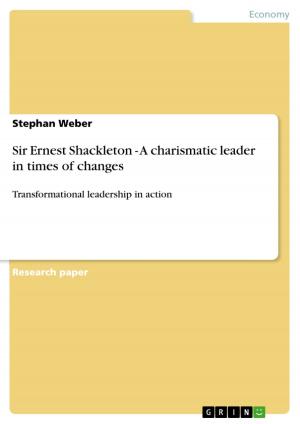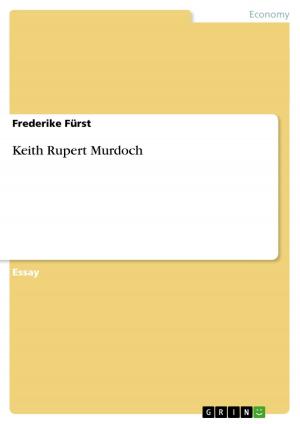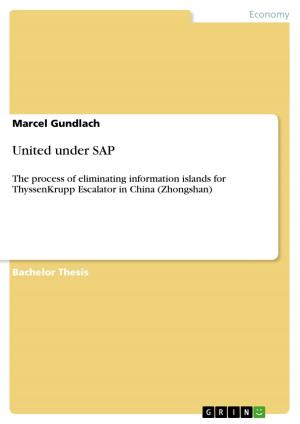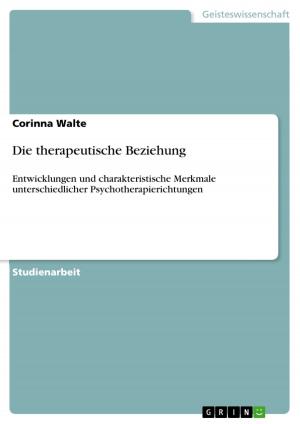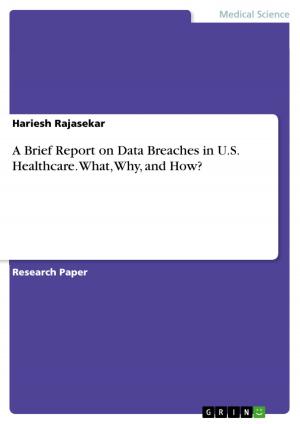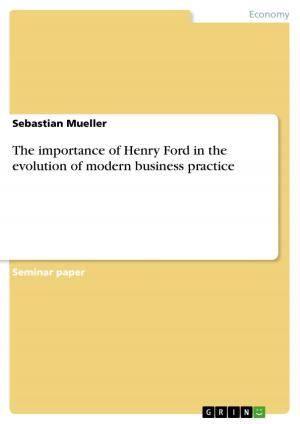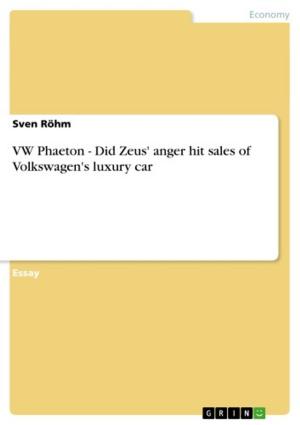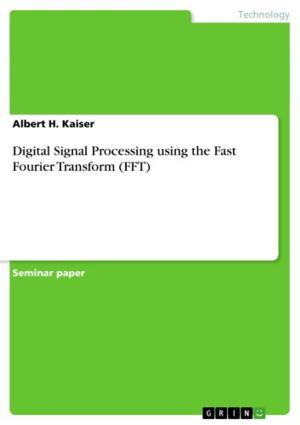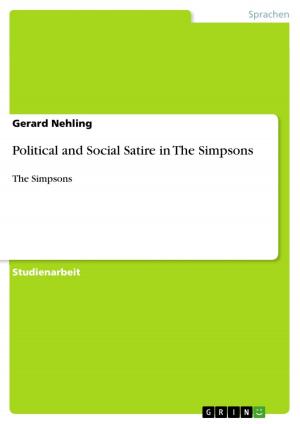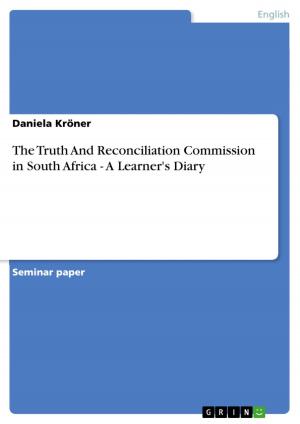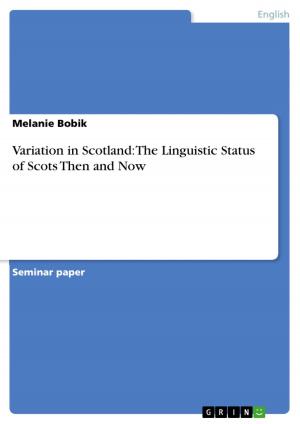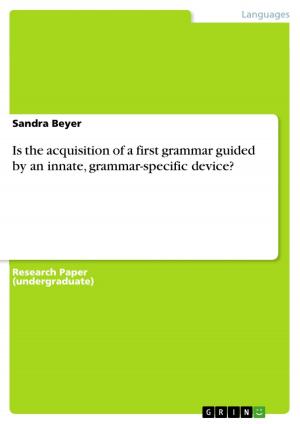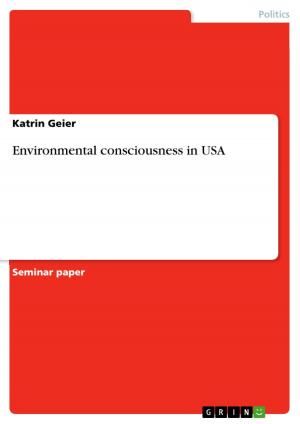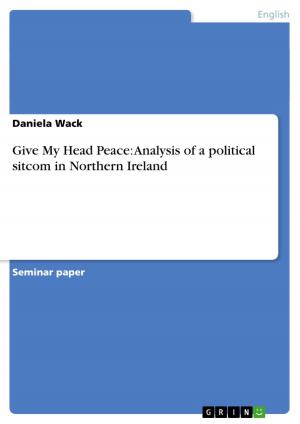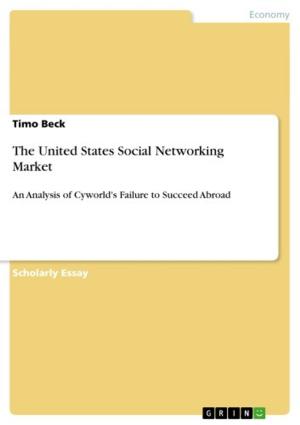Virtual Data Rooms in M&A transactions and their effect on information quality
Business & Finance, Finance & Investing, Banks & Banking| Author: | Oliver Bruemmer | ISBN: | 9783638682107 |
| Publisher: | GRIN Publishing | Publication: | April 7, 2007 |
| Imprint: | GRIN Publishing | Language: | English |
| Author: | Oliver Bruemmer |
| ISBN: | 9783638682107 |
| Publisher: | GRIN Publishing |
| Publication: | April 7, 2007 |
| Imprint: | GRIN Publishing |
| Language: | English |
Internship Report from the year 2006 in the subject Business economics - Banking, Stock Exchanges, Insurance, Accounting, grade: 1,5, European Business School - International University Schloß Reichartshausen Oestrich-Winkel, 16 entries in the bibliography, language: English, abstract: Merger & Acquisitions represent a knowledge-intense process. An enormous amount of information is involved in every step from the beginning to completion of a deal, and every professional engaged in the transaction sees himself confronted with an ever broader pool of information and data many times obtained with the assistance of information technology. Information technology thus provides, on one hand, the opportunity for improved information handling. On the other hand, the administration of information technology itself can further add a tremendous amount of complexity to a process. As a consequence of this massive information overload, the issue of information quality has gained momentum. With the vast diffusion of information technology and the advent of the information age, the assessment of information quality began to draw upon the attention of researchers. Over the years, several information quality frameworks have been developed to help practitioners recognize and produce better quality information.It is the objective of this paper to apply and evaluate 'the fit for use' of such a framework to the due diligence process within an M&A transaction. Furthermore, the application of the framework in this paper should enable people to better judge the benefits of currently widely-used virtual data rooms in comparison to their physical counterparts.4Ultimately, an inference should be drawn about the potential of improving information quality in the overall process of M&A.
Internship Report from the year 2006 in the subject Business economics - Banking, Stock Exchanges, Insurance, Accounting, grade: 1,5, European Business School - International University Schloß Reichartshausen Oestrich-Winkel, 16 entries in the bibliography, language: English, abstract: Merger & Acquisitions represent a knowledge-intense process. An enormous amount of information is involved in every step from the beginning to completion of a deal, and every professional engaged in the transaction sees himself confronted with an ever broader pool of information and data many times obtained with the assistance of information technology. Information technology thus provides, on one hand, the opportunity for improved information handling. On the other hand, the administration of information technology itself can further add a tremendous amount of complexity to a process. As a consequence of this massive information overload, the issue of information quality has gained momentum. With the vast diffusion of information technology and the advent of the information age, the assessment of information quality began to draw upon the attention of researchers. Over the years, several information quality frameworks have been developed to help practitioners recognize and produce better quality information.It is the objective of this paper to apply and evaluate 'the fit for use' of such a framework to the due diligence process within an M&A transaction. Furthermore, the application of the framework in this paper should enable people to better judge the benefits of currently widely-used virtual data rooms in comparison to their physical counterparts.4Ultimately, an inference should be drawn about the potential of improving information quality in the overall process of M&A.

